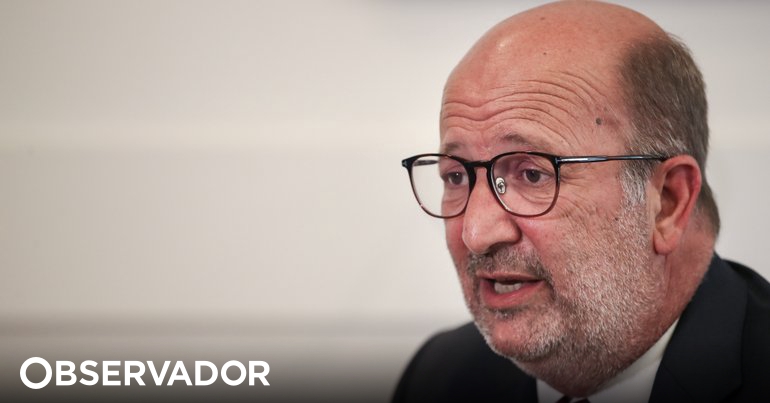The Minister for Environment and Climate Action, Joao Pedro Matos Fernandez, said this Tuesday: “Science has never been so relevant“As now, by revealing to the world almost simultaneously the impact of human activity on global warming.
“Science has certainly marked the development of mankind in very different matters and moments, with its creation, discovery and interpretation. [Mas] Science has never been so relevant, in the sense of showing at about the same time and around the world the impact of human activity on climate change and on the changing conditions of the Earth,” he said, concluding the last daily session of the National Science and Technology Meeting ’21, in Lisbon.
For Matos Fernandez, “Science has never been so important in determining the need for a complete change in the social and economic paradigm,” on a global scale, given “Unmistakable guideHuman intervention in global warming.
He stressed that “the great revolution, and the great change on a global scale, and in a very short time, is due to science,” noting that “the construction of scientific truth guides or should guide all decisions that are made,” including the “The main commitments between countries‘, that is, to reduce emissions of polluting gases.
By allowing “progress towards cleaner technologies,” science is “absolutely necessary,” according to the minister, “Find techniques, methods, and processes to make them differentAnd by underestimating them, we have “cheap solutions” to problems.
The intervention of the Minister of Environment and Climate Action, in the session “The new sciences and challenges of the interaction between space and climate: from Earth observation to space climate”, followed by the intervention of astrobiologist Zeta Martins, who indicated that space missions also aim to “improve the quality of life on Earth”.
The researcher and professor at Instituto Superior Técnico spoke about the role of satellites in monitoring air quality and agricultural crops, ocean pollution or environmental disasters, but also in providing fast Internet access in schools.
Former French astronaut Jean-Jacques Favier, 72, who also took part in the session, but via video conference, said there was “no Plan B” for Earth, a “beautiful and fragile” planet that had an “exceptional view” in 1996, aboard Shuttle Columbia, which carried it on a 16-day mission to the reusable Space Lab, which was located in the back of the cargo compartment of the US Space Shuttles.
Jean-Jacques Favier was affected by hurricanes, and also by fires and pollution in the sea seen from space. “There is no plan B for the planet, our base is our planetHe stressed that the eventual colonization of other planets should be taken into account only for scientific purposes.



![[VÍDEO] Elton John’s final show in the UK has the crowd moving](https://www.lodivalleynews.com/wp-content/uploads/2023/06/Elton-John-1-690x600.jpg)


More Stories
The Director of Ibict receives the Coordinator of CESU-PI – Brazilian Institute for Information in Science and Technology
A doctor who spreads fake news about breast cancer is registered with the CRM of Minas
The program offers scholarships to women in the field of science and technology